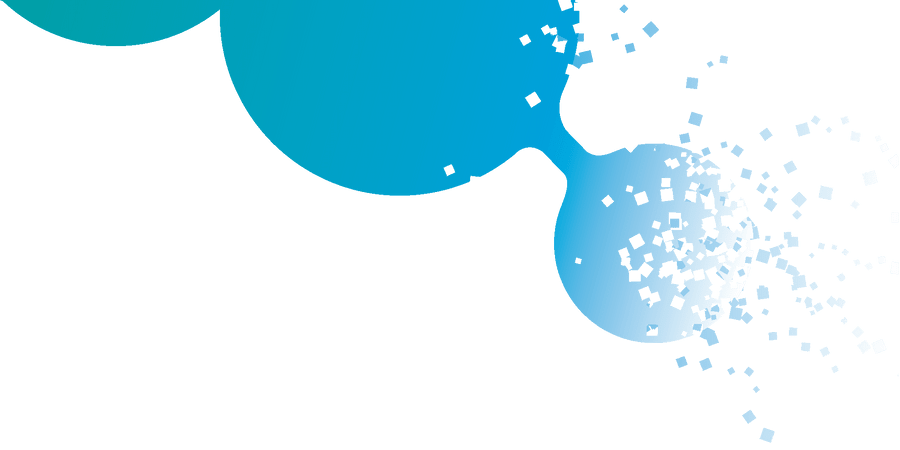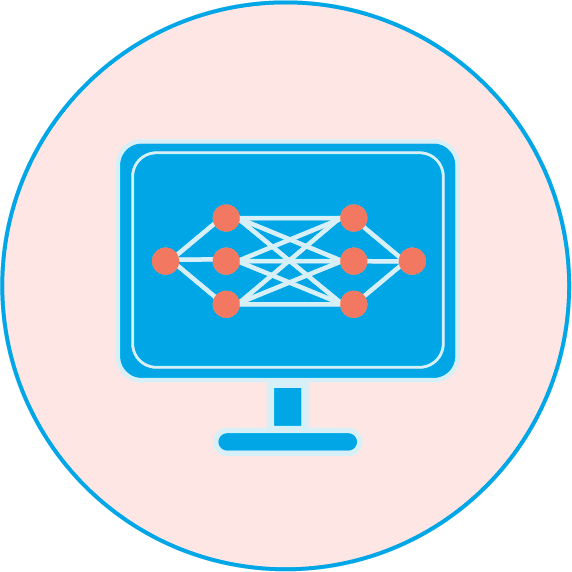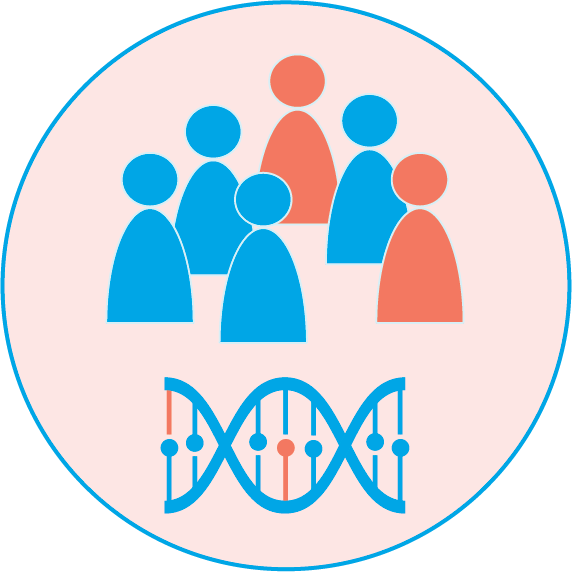[BC]2 is organized in Basel as an in-person conference - with a virtual component - to enjoy great science together, network and develop relationships during social activities. All speakers and oral presenters will be presenting live, in-person at the congress venue.
The [BC]2 Scientific Committee has put together a diverse programme featuring inspiring keynote lectures by international experts, scientific presentations from selected abstracts, tutorials and workshops to foster hands-on capabilities and interactive poster sessions together with networking activities to refresh the mind and connect with peers in a friendly atmosphere!
For participants who are unable to travel or do not wish to travel for environmental reasons, there is the possibility to register as a virtual participant. Virtual participation only includes access to the opening keynote lecture on 11 September and the conference sessions on 12 and 13 September (live streamed, not recorded) and access to the meeting’s virtual poster platform, it does not include access to the pre-conference workshops and tutorials.
Download the short programme as a pdf


 Session description: The ever-growing
diversity in sequencing technologies, along with their decreased
costs, has promoted new and innovative experimental designs for
answering questions in ecology and evolution. In addition to
their application to model species/systems, considerable promise
comes from their application to non-model species and lesser or
difficult-to-study systems. This symposium will showcase
discoveries achieved by leveraging novel and creative sampling,
sequencing, and analysis approaches in evolutionary and
ecological genomics to understand the most pressing questions
within the field. Potential examples include ultra-low coverage
sequencing of many individuals for the inference of haplotypes
and population histories or the inference of biological
diversity from minimal environmental DNA samples.
Session description: The ever-growing
diversity in sequencing technologies, along with their decreased
costs, has promoted new and innovative experimental designs for
answering questions in ecology and evolution. In addition to
their application to model species/systems, considerable promise
comes from their application to non-model species and lesser or
difficult-to-study systems. This symposium will showcase
discoveries achieved by leveraging novel and creative sampling,
sequencing, and analysis approaches in evolutionary and
ecological genomics to understand the most pressing questions
within the field. Potential examples include ultra-low coverage
sequencing of many individuals for the inference of haplotypes
and population histories or the inference of biological
diversity from minimal environmental DNA samples.
 Session description: generation of large-scale datasets by new technologies
accompanied by bioinformatics analyses is currently transforming
the study of immune processes. Together with computational and
mathematical models, this research supports novel insights into
the diversity and specificity of immune responses and allows for
the mechanistic understanding of the underlying processes. This
session aims to cover work that spans from the characterization
of host-pathogen interactions and microbiome’s dynamics to
dysregulations of immune system in autoimmune diseases and
immune deficiencies as well orchestration of the immune’s
response to cancer.
Session description: generation of large-scale datasets by new technologies
accompanied by bioinformatics analyses is currently transforming
the study of immune processes. Together with computational and
mathematical models, this research supports novel insights into
the diversity and specificity of immune responses and allows for
the mechanistic understanding of the underlying processes. This
session aims to cover work that spans from the characterization
of host-pathogen interactions and microbiome’s dynamics to
dysregulations of immune system in autoimmune diseases and
immune deficiencies as well orchestration of the immune’s
response to cancer.
 Session description: over the past two decades,
the world of biomedical research has undergone a fast digital
transformation, representing both a challenge and an
opportunity. This is particularly true in biomedical imaging,
where recent advances in sequencing- and imaging-based
approaches have led to spatial transcriptomics and spatial
proteomics, enabling the unbiased quantification and
localization of genes or proteins throughout a given tissue. The
resulting data can then be analyzed to generate critical
insights from patient samples (e.g., tumor biopsies). These
insights can, for example, help select cancer treatment options
and identify mechanisms of response and relapse to a specific
treatment. Despite their extraordinary potential, spatial
datasets present significant challenges for analysis. Spatial
experiments generate large and complex datasets requiring
specialized computational tools able to leverage the spatial
structure of cells in a tissue. This session aims to discuss
open computational problems in spatial biology and present
recent machine-learning algorithms to decipher tissue structure
and cellular organization using spatial data.
Session description: over the past two decades,
the world of biomedical research has undergone a fast digital
transformation, representing both a challenge and an
opportunity. This is particularly true in biomedical imaging,
where recent advances in sequencing- and imaging-based
approaches have led to spatial transcriptomics and spatial
proteomics, enabling the unbiased quantification and
localization of genes or proteins throughout a given tissue. The
resulting data can then be analyzed to generate critical
insights from patient samples (e.g., tumor biopsies). These
insights can, for example, help select cancer treatment options
and identify mechanisms of response and relapse to a specific
treatment. Despite their extraordinary potential, spatial
datasets present significant challenges for analysis. Spatial
experiments generate large and complex datasets requiring
specialized computational tools able to leverage the spatial
structure of cells in a tissue. This session aims to discuss
open computational problems in spatial biology and present
recent machine-learning algorithms to decipher tissue structure
and cellular organization using spatial data.
 Session description: clinical implementation
of the promises of precision medicine in oncology and complex
diseases requires in-depth molecular characterization of patient
samples and robust data analysis tools. To face this challenge,
new experimental and computational technologies are being
developed to characterize the genomic, transcriptomic, and other
molecular characteristics of profiled samples. This session aims
at covering the latest technological and computational
developments in this fast-evolving field.
Session description: clinical implementation
of the promises of precision medicine in oncology and complex
diseases requires in-depth molecular characterization of patient
samples and robust data analysis tools. To face this challenge,
new experimental and computational technologies are being
developed to characterize the genomic, transcriptomic, and other
molecular characteristics of profiled samples. This session aims
at covering the latest technological and computational
developments in this fast-evolving field.
 Session description:
the folding of proteins into their biologically functional 3D
structures is a complex and sensitive process that is crucial to
their activity. Accordingly, misfolded proteins are linked to a
variety of malfunctions and diseases. Due to the importance of
protein 3D structures and their dynamics for their activity,
huge efforts have gone into their prediction and determination.
With recent breakthroughs by deep-learning based methods such as
AlphaFold, highly accurate protein structure predictions have
become available for a large part of the protein universe. This
session aims at highlighting some of the recent advances in
protein structure determination and prediction and to exploring
new opportunities that are becoming possible by the interplay
between computational and experimental approaches..
Session description:
the folding of proteins into their biologically functional 3D
structures is a complex and sensitive process that is crucial to
their activity. Accordingly, misfolded proteins are linked to a
variety of malfunctions and diseases. Due to the importance of
protein 3D structures and their dynamics for their activity,
huge efforts have gone into their prediction and determination.
With recent breakthroughs by deep-learning based methods such as
AlphaFold, highly accurate protein structure predictions have
become available for a large part of the protein universe. This
session aims at highlighting some of the recent advances in
protein structure determination and prediction and to exploring
new opportunities that are becoming possible by the interplay
between computational and experimental approaches..
 Session description:
single-cell technologies are revolutionizing biomedical
research, enabling characterization of biological systems at an
unprecedented scale and resolution. Robust computational methods
are the backbone of this revolution. In this session, we invite
submission of abstracts discussing new computational methods to
process and interpret high-throughput single-cell/single-nucleus
data, including scRNA-seq, scATAC-seq, scDNA-seq, CyTOF,
high-dimensional flow cytometry – and multi-omics approaches
that combine multiple assays.
Session description:
single-cell technologies are revolutionizing biomedical
research, enabling characterization of biological systems at an
unprecedented scale and resolution. Robust computational methods
are the backbone of this revolution. In this session, we invite
submission of abstracts discussing new computational methods to
process and interpret high-throughput single-cell/single-nucleus
data, including scRNA-seq, scATAC-seq, scDNA-seq, CyTOF,
high-dimensional flow cytometry – and multi-omics approaches
that combine multiple assays.